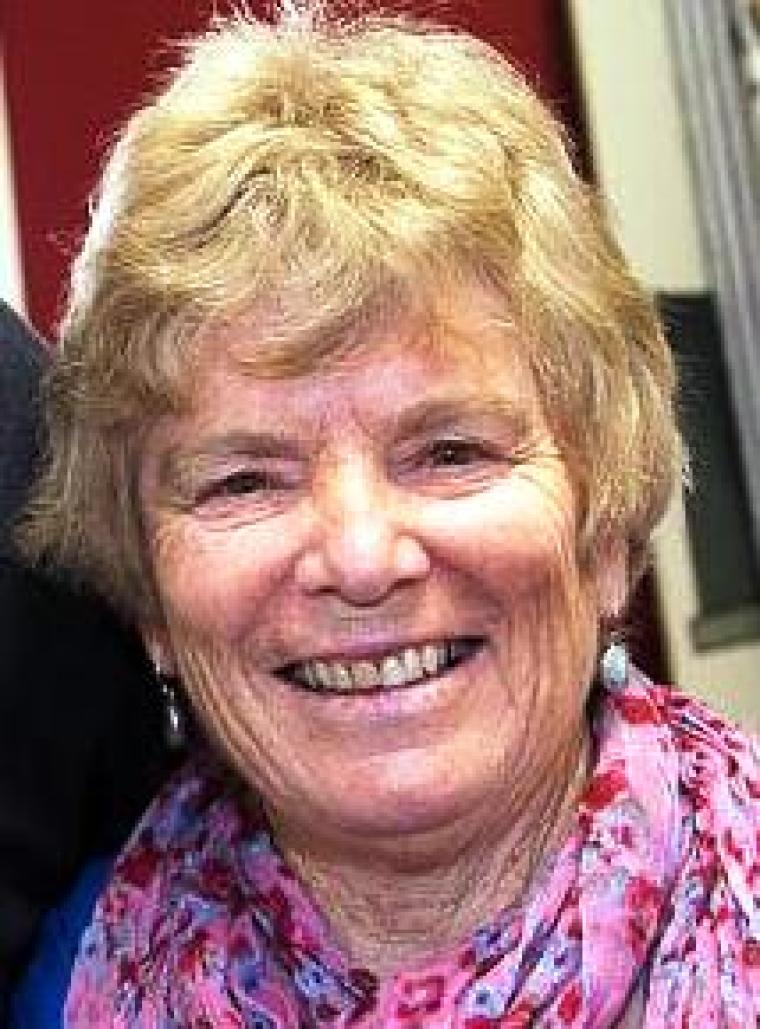

My initial article introduced the nature of how this has become a big issue, even though it affects less than 1% of a population. It seems to be hitting the headlines more often, as people grapple with the troubling condition known variously as Gender dysphoria or gender identity disorder (GID). I continue:
Do we always affirm people in how they identify?
Some people regard those with gender dysphoria as having an unchangeable condition, and psychological treatment to date to help people realign with their biological sex has not been particularly successful.
But is the prevailing model of helping people in their distress, by affirming them in how they feel rather than in helping them accept their biological identity, the best way of assisting them?
That's a question that's currently dismissed on the basis that it is harmful to do anything other than affirm people in their chosen identity.
Society does not always accept people's understanding of how they see themselves. What about anorexia nervosa? People suffering from this condition see themselves as fat, yet their image in the mirror shows the opposite. It is a complicated disorder, but the treatment model does not affirm people in their feeling of being fat; obviously not, because it can be a life-threatening condition.
The treatment helps people address the complex issues that gave rise to the condition, and attempts to set them on a path of healthy eating as much as is possible, which means learning to have a realistic self-image. My sister had this condition, and when the issues behind it were addressed, she was able to live a much healthier life style.
Does this condition and others like it provide a possible model for helping people with gender dysphoria? Is this a question that can be asked?
Or is the identification too deep-seated? It may well be the case.
More than just a phase?
What about those who from early on identified with their opposite gender? For most children this is just a phase – young children often want to be a girl, if they are a boy, and vice versa. (My 2 year old son wore a skirt to the railway station to meet an aunt but by the time he was three he was definitely glad to be a boy.) Later most children are fully aligned with their biological sex, usually before puberty.
When it's not 'just a phase', identification may begin very early. James Morris, a journalist on the successful 1953 Everest expedition, later became Jan Morris. He was a fit male in a totally masculine mountain environment yet at the age of four he already knew he wanted to be a girl. Such courage in identifying publicly as a different gender, especially when you are already well-known, is a courage that the former Olympic athlete, Bruce Jenner (now Caitlin) has also shown. To take such a major step means exposing themselves to ridicule and rejection.
And the parents?
Parents of children identifying as the opposite gender face huge challenges, and this too is where a church community can provide support. How does a parent support such a child? Do they follow the child's lead? Do they consider 'puberty blockers'?
How do they adjust to having a 'he' instead of a 'she', or vice versa? And what about gender reassignment surgery when the child is older?
There is a big cost for parents: loss of the child they thought they had, extra financial burdens, a possible loss of any grandchildren (people who undergo surgery cannot always have children), what kind of psychological treatment is needed, and so on. There may be parents in our churches who are facing these and other challenges – they need people who will walk with them, without judgment.
Jesus told the story of the lost sheep – and how the shepherd went out in search of just one poor sheep, leaving the other 99 safe in the fold. One individual matters. One per cent of the population matters.
Leprosy was little understood in Jesus' day, and lepers were ostracised and rejected because of their condition. He touched them, treated them as people – and sometimes healed them.
We are still learning why people are transgender, they may not be able to be 'healed', but if Christians are serious about following Jesus then surely they are to follow his example.

Are we?
Liz Hay left her small mountain village an hour away from Christchurch, NZ, for a brief visit to Australia where recent TV docos and articles gave rise to her thoughts in this article. She and Ron have three adult children, and five grandchildren.
Liz Hay's previous articles may be viewed at http://www.pressserviceinternational.org/liz-hay.html